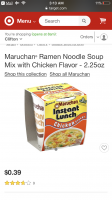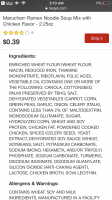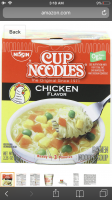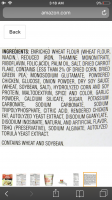Frankdee20
Member
Seem high in pufas, low metabolism. Low fat, pufa elimination and thyroid will probably to help immensely. Far too much drinking also which is highly estrogenic in those quantities. Have you considered these.
I’ve definitely considered low Thyroid being an issue but I’ve had extensive Thyroid assays and it is never out of range. Thyroid is definitely linked to Triglycerides being high, and poor conversion of lipids to steroid hormones. However, I’ve never used a Thyroid hormone. Also, I don’t think I eat much PuFA, no processed junk. I also like fatty fish but it’s not that significant in my diet. Also, low fat diet does not sound bad at all. I’d probably benefit from that, maybe in the weight loss department. But fat is filling, so eating low fat might make me hungrier




